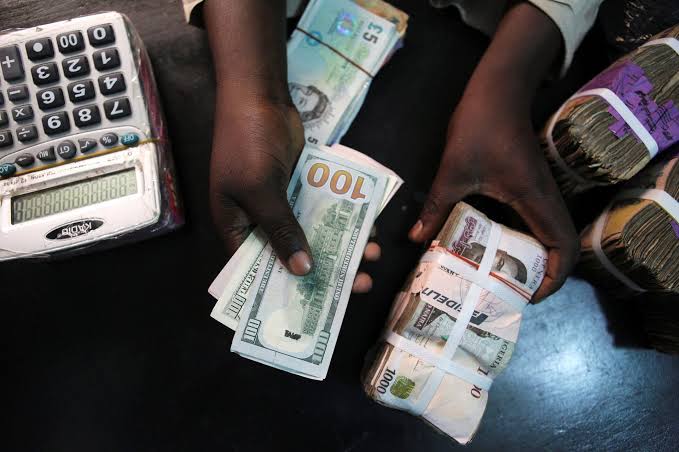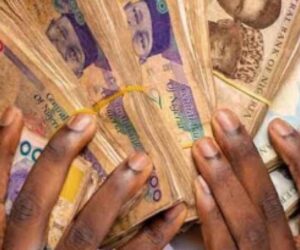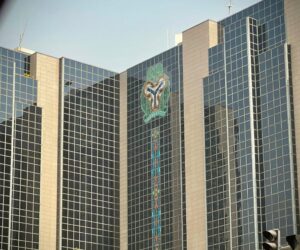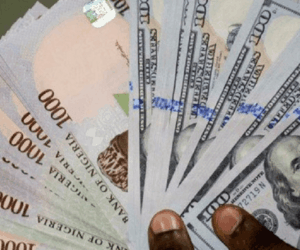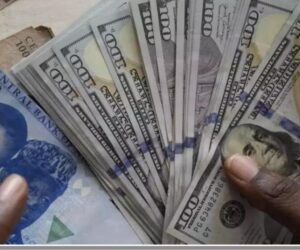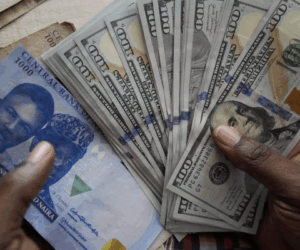The naira remained stable at the official Nigerian Foreign Exchange Market (NFEM) on Friday but continued to weaken on the parallel market.
At the NFEM, also known as the Investors and Exporters (I&E) window, the dollar was quoted at around ₦1,460 per $1, showing a slight drop from earlier in the week.
Parallel Market Rates Remain Higher
In contrast, the parallel market — where cash dollars are traded — recorded higher exchange rates.
Dealers in Lagos and other major cities quoted the dollar between ₦1,495 and ₦1,515, with some transactions reaching the upper range. This placed the street average at roughly ₦1,500 per dollar.
Impact on Businesses and Consumers
Businesses and importers transacting through official channels are benefiting from the lower NFEM rate of around ₦1,460.
However, individuals who buy or sell cash on the street face higher parallel rates between ₦1,495 and ₦1,515, making travel, remittances and imported goods more expensive.
Why the Exchange Rate Gap Persists
The gap between official and parallel rates is largely driven by differences in dollar liquidity, access to official forex windows, and market sentiment.
Analysts believe the Central Bank of Nigeria’s (CBN) policies and interventions have kept the official rate stable despite rising cash demand in the parallel market.
Outlook for the Coming Week
Experts say traders will closely monitor CBN interventions, weekly FX turnover, and global dollar trends.
If the CBN increases dollar supply through the official channels, the naira may remain steady or strengthen. However, sustained cash demand could keep the parallel market premium high.

